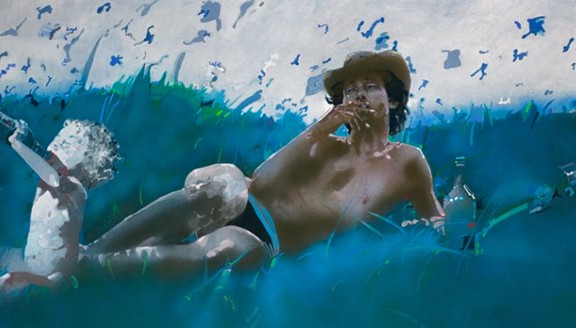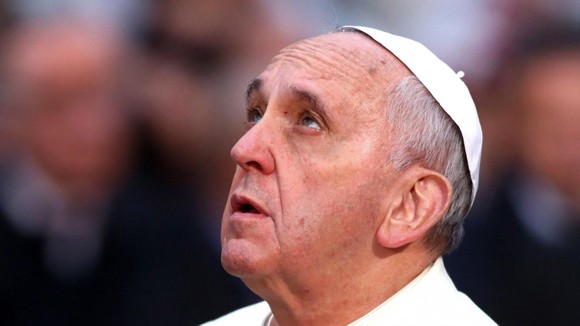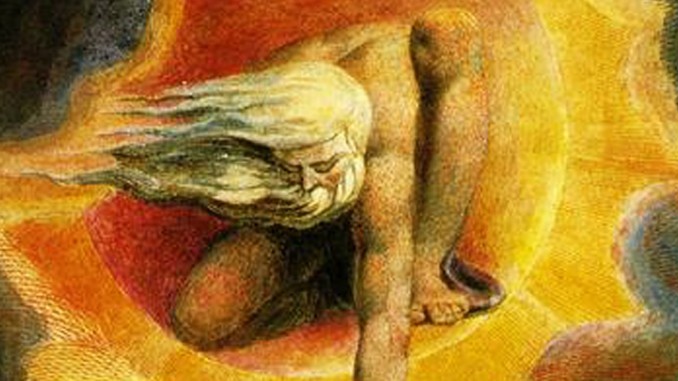
Peter Kingsley, Catafalque. Carl Jung and the End of Humanity. London: Catafalque Press, 2018. Two volumes, hardcover, 848 pp. ISBN 978-1-9996384-0-5.
.
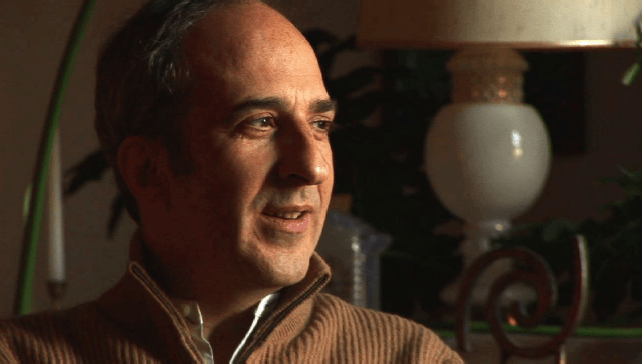
Dr. Peter Kingsley © Peter Kingsley
.
There are books that entertain. There are books that inform or teach. And there are books, very rare, that can initiate and profoundly transform their unprejudiced reader. Peter Kingsley’s Catafalque belongs to this last category.
It is unlike any book I have ever read. It intertwines many seemingly different subjects: ancient Greek philosophy and shamanism; the nature of prophecy and the language of the birds; Traditionalism and alchemy; Persian Sufism and the descent to the underworld; and not only Carl Jung’s recently published Red Book but also the totality of Jung’s experience and teaching. In deceptively simple prose Kingsley orchestrates these topics, almost like Wagnerian leitmotifs, into a monumental symphony of insights and ideas that fills the first volume of the work.
The second tome – and here’s another departure from the norm – is devoted entirely to the scholarly apparatus: a list of abbreviations, extensive notes, and the subject index. Although the author himself calls it “a joke”, this volume is very clearly meant to be read. The notes are, indeed, eminently readable by themselves. In most of them Kingsley expands his analysis or critique of the subjects discussed in the main text and elaborates upon the finer points of the controversies.
An archaeologist of human consciousness and a visionary in the gown of a classical scholar, Peter Kingsley dealt in his previous publications with the pre-Socratic philosophers, especially Empedocles and Parmenides. Contrary to the age-old consensus, he presented them not as fledgling rationalists but as shamanic seers who dwelt in the isthmus between the human and preterhuman worlds. By doing so, the author of Reality and In the dark places of wisdom revealed the fiery daimonic roots of Greek antiquity underneath the cold marmoreal corset of Winckelmannesque neoclassicism, lukewarm Bulfinchian tameness, and the rational bias of academe.
In Catafalque this field of inquiry serves as a parallel backdrop to the development of one of the work’s main themes, namely, the reappraisal of Carl Jung’s status after the publication of his Red Book. Kingsley argues that Jung was not really a scientist at all in the modern sense of the word (although he was doing everything in his power to appear as such) but rather a visionary and a prophet. This is a major blow to orthodox Jungianism, and I expect it to be met with frantic attacks from these quarters. In any case it is worth keeping in mind the fact that the peasant inhabitants of Bollingen, where Jung had his famous tower and retreat, already referred to him during his lifetime as “unser Hexenmeister” (our sorcerer).
The other major thesis of Catafalque concerns the approaching and inevitable collapse of humanity. It is now fairly a commonplace to call our times the first completely secular age. However, this is only one half of the truth. We have indeed abandoned religion in its organized form; but, since humans are apparently unable to exist without some form of belief, we have also domesticated and camouflaged the sacred by drowning it in syrupy placebos of New Age ‘thought’ and by turning fashionable ideologies into quasi-religious surrogates. Political correctness, social justice, radical feminism, identity politics, and gender ideology are our new creeds or, rather, flat and insipid caricatures of the genuine religious experience. None of these ideologies could be said to be grounded in what Peter Kingsley calls “the sacred sphere”. Instead, they are merely our knee-jerk responses to emotional blackmail pushed by small but very shrill interest groups.
For Kingsley, however, such a centrifugal spin (Yeats’s “widening gyre”) away from the life-giving superhuman reality started a very long time ago with Plato and Aristotle. They both attempted, quite successfully, to rationalize the thought of their predecessors, dragging it down to earth and shackling it as ‘logic’ and ‘empiricism’. Their misrepresentation has been officially accepted for over twenty-three centuries. It has exacted a heavy price, though. Because of this act of metaphysical patricide, mankind lost its all-important mooring and became ontologically more and more withered until it reached the present phase where it abandons even logic and empirical science for mere ‘feelings’. Our ship of fools is now completely rudderless and heading for the abyss.
What is awaiting us there? Apart from hints that our world and our culture have already come to an end, Kingsley does not offer any specifics. Still, there are things worse than physical destruction. One of them is the death of the soul. This is what Kingsley mostly warns us about. The only way to avoid it – if it isn’t too late for that already – is by feeding the gods with our prophetic suffering. It certainly sounds very enigmatic but I am not going to explain it any further. The only right explanation is to be found in the text of Catafalque, where it comes with a caveat similar to that by the author of the Epistle to the Hebrews: “It is a fearful thing to fall into the hands of the living God”.
And here we touch upon the reason why no review can do justice to this astounding and disconcerting book. In the preceding paragraphs I have merely scratched its surface. Trying to summarize it in full would mean rewriting it in one’s own words, and this obviously makes no sense. Even quoting from it may lead to simplifications and misunderstandings. The sole thing to do then is to read it or, better still, to read and re-read it many times and then marvel at the change taking place in your consciousness. But beware – hic sunt dracones.
.
Mariusz Wesolowski
October 2018
.
Painting: William Blake, “Ancient of Days,” 1794, watercolor etching.
.
PS. Peter Kingsley’s Catafalque is released for sale on November 1, 2018, and is already available for ordering. If you live in Canada and want to purchase a copy, please use our Amazon.ca app below. For further information about the book, and its author, visit www.catafalque.org
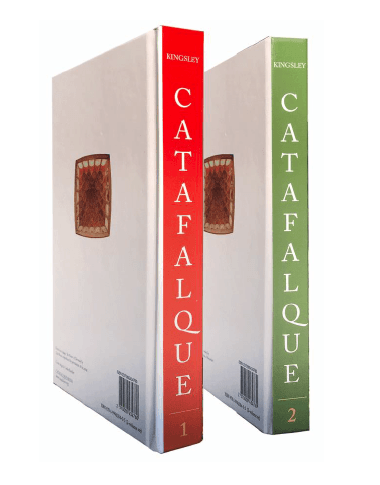
© Catafalque Press
.
.
About the Author:
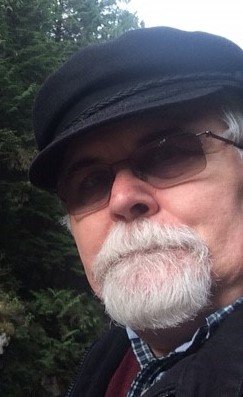
Mariusz Wesolowski (b. 1954) – a graduate of Polish philology and art history at the Jagiellonian University (Krakow), since 1982 lives in Canada.
.

